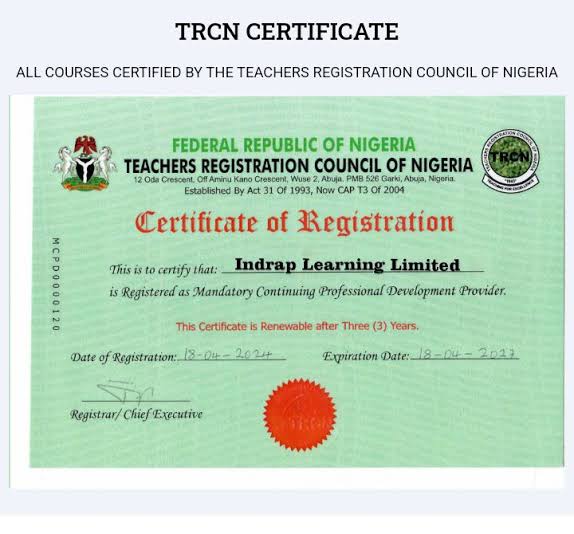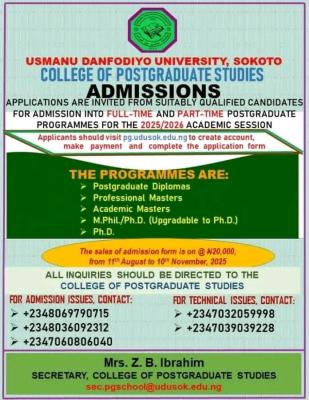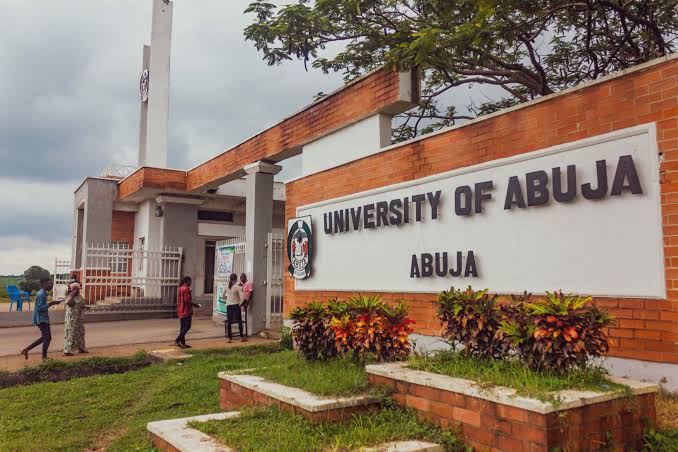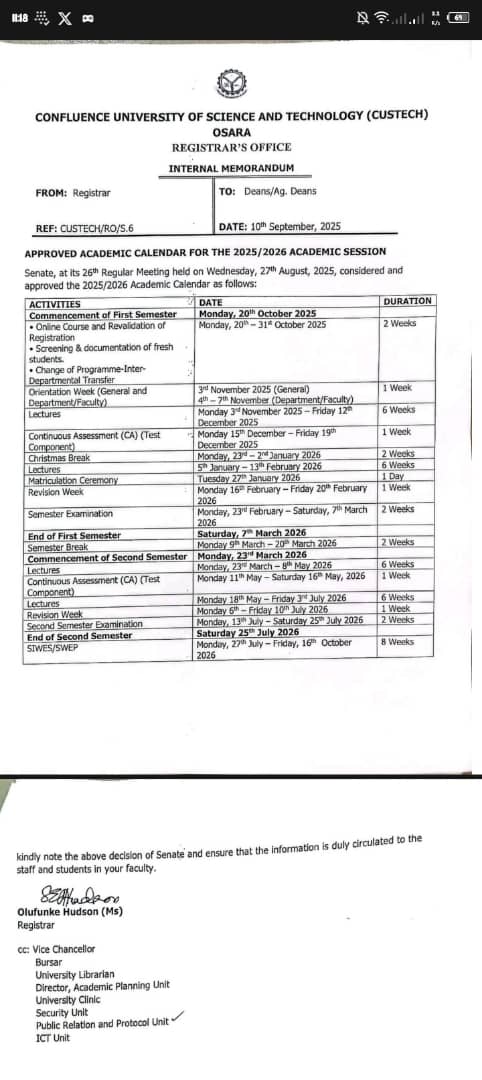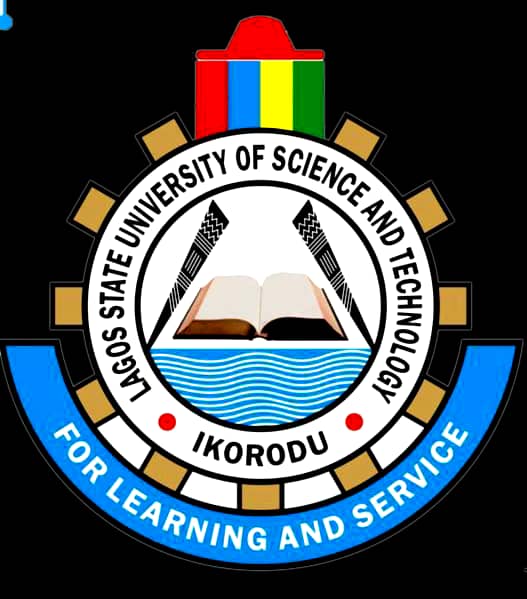Education is the backbone of any society, and no nation can rise above the quality of its teachers. In recognition of this fact, the Federal Government of Nigeria has set a firm deadline for teachers across the country to obtain professional certification. This new policy, spearheaded by the Ministry of Education in collaboration with the Teachers Registration Council of Nigeria (TRCN), is designed to raise the bar for teaching standards and ensure Nigerian students receive the quality education they deserve.
But what does this mean for teachers, schools, and even parents? Let’s break it down in detail.
Why the Push for Teacher Certification?
For years, Nigeria has struggled with the challenge of unqualified and underqualified teachers, especially in secondary schools. Many graduates with degrees unrelated to education have found themselves teaching without proper training in pedagogy (the science of teaching).
The Federal Government believes this has contributed to poor student performance in external examinations like WAEC, NECO, and NABTEB. By enforcing TRCN certification, the government aims to:
- Professionalize teaching, just like medicine, law, and engineering.
- Improve classroom delivery and students’ academic outcomes.
- Standardize teaching practices across both public and private schools.
- Ensure accountability, making sure only qualified personnel handle national examination classes.
The Timeline for Enforcement
The government has introduced a phased approach to allow schools and teachers time to comply. Here’s the timeline every stakeholder must take note of:
- 2026 – By this year, schools are expected to achieve at least 75% compliance with TRCN certification.
- 2027 – Full enforcement begins. Any school that fails to comply will be disqualified from serving as a centre for national examinations.
The deadlines are even more specific for different examination bodies:
| Examination Body | Deadline for Certification |
|---|---|
| WAEC (WASSCE) | March 2027 |
| NABTEB | May 2027 |
| NECO & SAISSCE | June 2027 |
This means that by the time schools want to present candidates for these exams, their teachers must already be certified, or else their students risk being left out.
Who Is Affected?
The directive applies to all secondary school teachers, both in public and private schools. No institution is exempt. Whether a teacher works in a government-owned school or in a privately owned academy, certification by TRCN is now compulsory.
Furthermore, state governments have been tasked with ensuring that teachers under their supervision get certified during the transition period. This puts the responsibility on both individual teachers and school managements to act fast.
What About Non-Education Graduates?
A big concern has been: What happens to those who studied non-education courses but are currently teaching?
The government has provided a pathway for them through the National Teachers Institute (NTI). Such teachers can enroll in an abridged certification programme lasting 3 to 6 months, provided they already have at least one year of classroom teaching experience.
After completing this course, they will be eligible to sit for the TRCN exams and obtain their certification. This makes the policy inclusive, ensuring that passionate teachers without an education degree are not automatically pushed out of the profession.
Consequences of Non-Compliance
Teachers and schools that fail to comply risk serious consequences, including:
- Disqualification from national exam centres – Schools without certified teachers will not be allowed to host WAEC, NECO, NABTEB, or similar exams.
- Reduced credibility – Parents and guardians are likely to withdraw their children from schools that fail to comply.
- Loss of employment opportunities – Teachers who do not get certified may be rendered unemployable in reputable schools.
Benefits of the Policy
While some may see the new policy as a burden, the long-term benefits are significant:
- For Teachers: Certification provides recognition, career advancement opportunities, and job security.
- For Students: Improved teaching methods mean better academic outcomes.
- For Parents: Assurance that their children are being taught by trained professionals.
- For Nigeria: A stronger education system capable of producing globally competitive graduates.
Challenges Ahead
Despite the noble intentions, there are real challenges to achieving 100% compliance:
- Financial Cost: Many teachers may find it difficult to pay for the TRCN exams and courses.
- Awareness Gap: Some schools, especially in rural areas, may not even be fully aware of the new deadlines.
- Capacity of NTI and TRCN: With thousands of teachers expected to enroll within two years, will the institutions be able to handle the volume?
To address these, stakeholders are calling on the Federal and State governments to subsidize the cost of certification, launch awareness campaigns, and expand the capacity of training institutions.
What Teachers Should Do Now
If you are a teacher, here are practical steps you can take immediately:
- Register with TRCN if you haven’t already.
- Take the Professional Qualifying Exam (PQE).
- Obtain your teaching license.
- If you’re a non-education graduate, apply for the NTI short course and get certified.
- Encourage your colleagues and school management to comply before the 2026 transition deadline.
